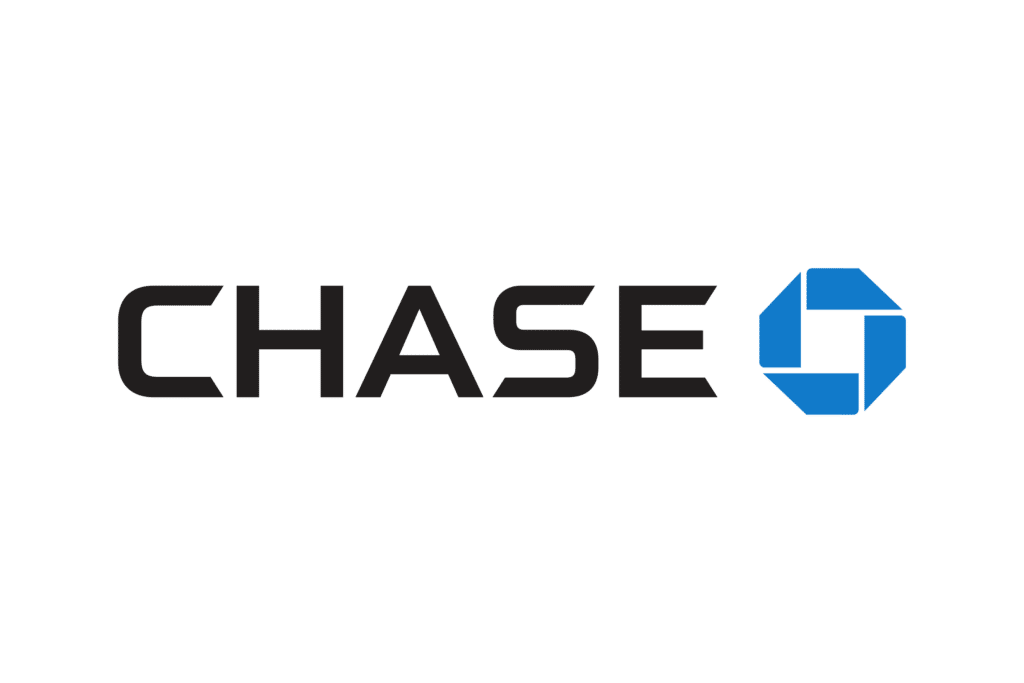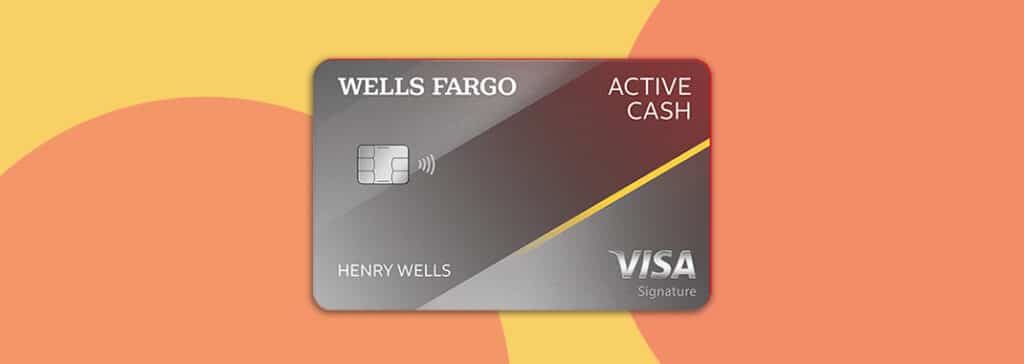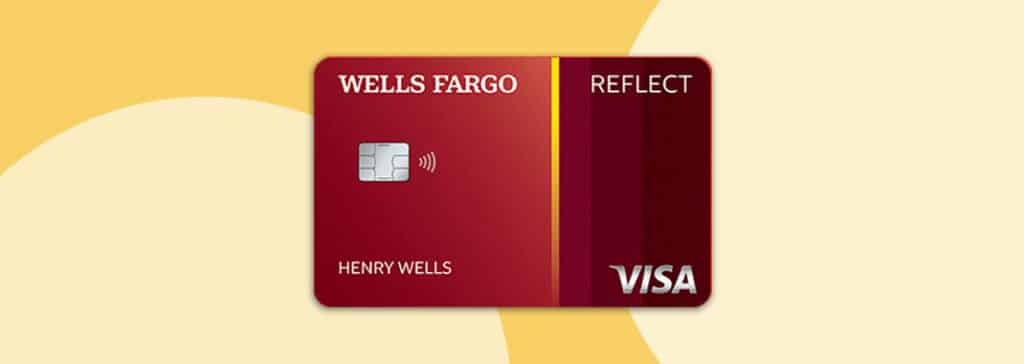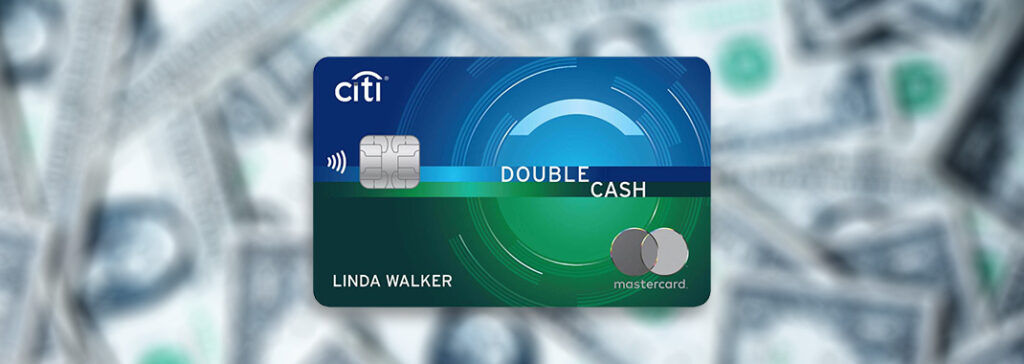Most products on this page are from partners who may compensate us. This may influence which products we write about and where and how they appear on the page. However, opinions expressed here are the author's alone, not those of any bank, credit card issuer, airline or hotel chain. This page may include information about American Express products currently unavailable on Slickdeals. American Express is not a partner of Slickdeals.
You can take several steps to increase the money you have in savings. Depending on your situation, you might be able to reduce your spending and expenses. Or you could pick up a side hustle or ask your employer for a raise. Yet there's another financial strategy people sometimes overlook when it comes to potential savings growth: find ways to make your money work for you.
Many people focus on increasing the money they put into savings but forget to pay attention to what happens to that cash after they deposit it into a bank account. Yet with a little extra effort, you might be able to grow your savings on both sides of the equation. Read on to discover four tips on how to earn the highest interest on your savings account.
1. Comparison Shop
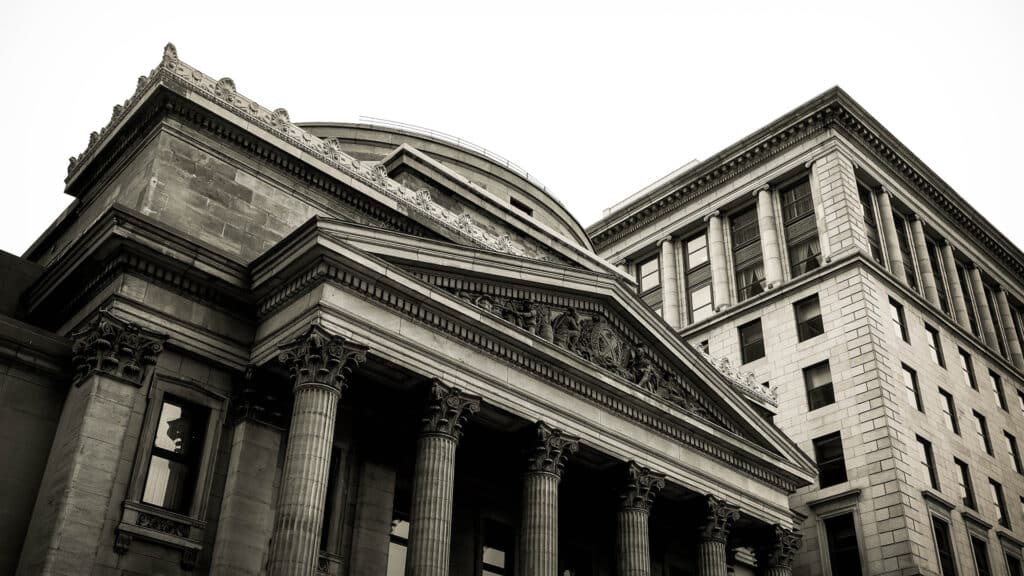
When you deposit cash into a savings account or other type of deposit account with a bank (e.g., a certificate of deposit, money market account or checking account), the bank may loan your money to other borrowers. In exchange, the bank will typically pay you interest.
The interest a bank pays you on the money you have in savings (or any other type of deposit account) is called the annual percentage yield—aka the APY. In July 2023, the average APY for a savings account in the United States was 0.42%, according to the FDIC.
Yet some banks are more generous than others where APY is concerned. At the time of writing, it's not unusual to find high-interest savings accounts that offer APYs of 4.50% or more. As a result, it can pay (literally) to shop around and make sure you're getting the best deal where your APY is concerned.
UFB Direct Portfolio Savings Account

This product is currently not available via Slickdeals. All information about this product was collected by Slickdeals and has not been reviewed by the issuer.
- Our Rating 5/5 How our ratings work
- APY3.90%
UFB Direct breaks balances into five tiers, but, currently, there is only one interest rate.
- Minimum
Deposit RequiredN/A - Intro Bonus N/A
The UFB High Yield Savings Account has one of the highest interest rates we’ve seen for a high-yield savings account at up to 3.90% APY. Plus, there are no monthly fees and no minimum balance to open.
Overview
With one of the strongest high-yield savings interest rates on the market, as well as no monthly fees or minimum opening deposit, UFB Direct’s High Yield Savings Account is an extremely attractive package.
Pros
- Strong interest rate
- No maintenance fees or minimum monthly balances
- Free complimentary ATM card
- Mobile app and SMS banking
Cons
- No signup bonus
- No associated checking account
It's also worth pointing out that sometimes earning the highest interest possible means opening accounts at multiple banks. Although this approach might be slightly less convenient, it could pay off in higher earnings if you're willing to put in a little extra effort. You can also check out these tips on how to manage multiple bank accounts and credit cards like a pro.
Ready to save more?Explore the Best High-Yield Savings Accounts
Visit the Marketplace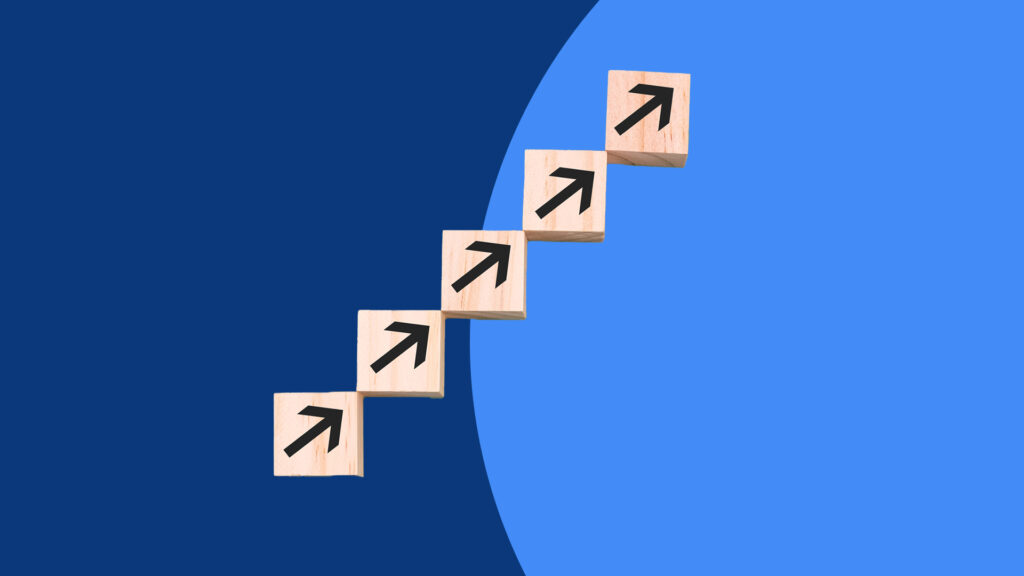
2. Look for Bank Bonuses
Bank account bonuses for new customers aren't the same as earning interest. Nonetheless, they have the potential to put more money into your account. Bank account bonuses can often be worth hundreds of dollars (sometimes more) when you sign up for a new deposit account and qualify for cash or points-based bonus.
 Related Article
Related Article
Best Bank Account Bonus Promotions in February 2026
On top of new account bonuses, some banks may offer you the opportunity to earn extra funds when you refer friends or family members. If an eligible referral opens a new account with your bank or credit union, there's a chance you could get rewarded for helping to make that initial connection.
Quick Tip
You can even find small business bank bonuses that are easy to earn if you’re in the market for a business bank account.
3. Read the Fine Print
Whether you're trying to earn a high APY, avoid a monthly service fee or qualify for a new bank bonus, it's important to pay close attention to the rules. In other words, you need to understand the terms and conditions of the account you open or the promotional offer for which you're trying to qualify.
Consider the Chase Total Checking® offer as an example. Eligible new customers can earn $400 when they open a new Chase Total Checking Account and meet certain qualifying criteria.
In this example, the bonus is easy to earn. All a new customer needs to do is:
- Request a coupon from the welcome bonus landing page or via email.
- Open a new account.
- Set up a direct deposit for a paycheck, pension or government-issued benefit into the new account.
Yet if you don't understand the steps above and you fail to complete one of them, you wouldn't be eligible to earn the bonus offer.
Chase Total Checking® Account
- Our Rating 4/5 How our ratings work
- APYN/A
- Minimum
Deposit RequiredN/A -
Intro Bonus
$400Expires April 15, 2026
New Chase checking customers enjoy a $400 bonus when you open a Chase Total Checking® account and make direct deposits totaling $1,000 or more within 90 days of coupon enrollment.
Chase Total Checking® is among the best entry-level accounts. It typically offers new customers a sign-up bonus, and it’s fairly simple to waive the monthly fee. However, it's worth noting that it doesn’t offer many valuable features or benefits and it’s not an interest-bearing checking account.
Overview
Chase Total Checking® is a basic checking account that doesn’t offer many premium features. However, if you can easily meet the qualifications required for the new account bonus (and to waive its monthly fee), it’s a good option for those who want an entry-level account.
Pros
- No minimum opening balance
- Multiple ways to waive monthly fee
- Access to nationwide Chase branches and ATM network
Cons
- Monthly maintenance fee
- Account does not earn interest
Reading the fine print is important when opening bank accounts (or any other financial product). If you don't understand a bank's terms and conditions, you could be ineligible for a new bank bonus. Or with a different bank account, you might find yourself obligated to pay a monthly maintenance fee or earn a lower interest rate than you anticipated.
4. Save More
Another helpful way to earn more interest in your savings account is to save more money. As you increase the funds in your high-yield savings account (or other savings vehicle), the interest you earn on that cash should increase in turn.
Here's an example. Imagine you put $1,000 in an emergency fund that earns an APY of 2.00% (with interest that compounds daily). After 12 months those funds could grow to $1,020.20 just by leaving them untouched in your bank (assuming interest rates don't change).
Now, let's imagine you place $10,000 into that same emergency fund. Instead of having an extra $20.20 at the end of the year, the interest you earn would increase your ending balance to $10,202.01 in this hypothetical scenario. You would end the 12-month period with an extra $202.01 in your account thanks to the interest your money earned. As you can see, the more cash you can save, the more interest you have the potential to make in return.
Bottom Line
Whether you're trying to put together a down payment for a home, building an emergency fund, or saving for a family vacation, a high-yield savings account can be a great place to store your cash. No matter what type of account you decide to use, make sure you're getting the best deal possible when it comes to your interest rate. If you don't take the time to shop around and compare what other banks and credit unions have to offer from time to time, you could be leaving potential earnings on the table.


